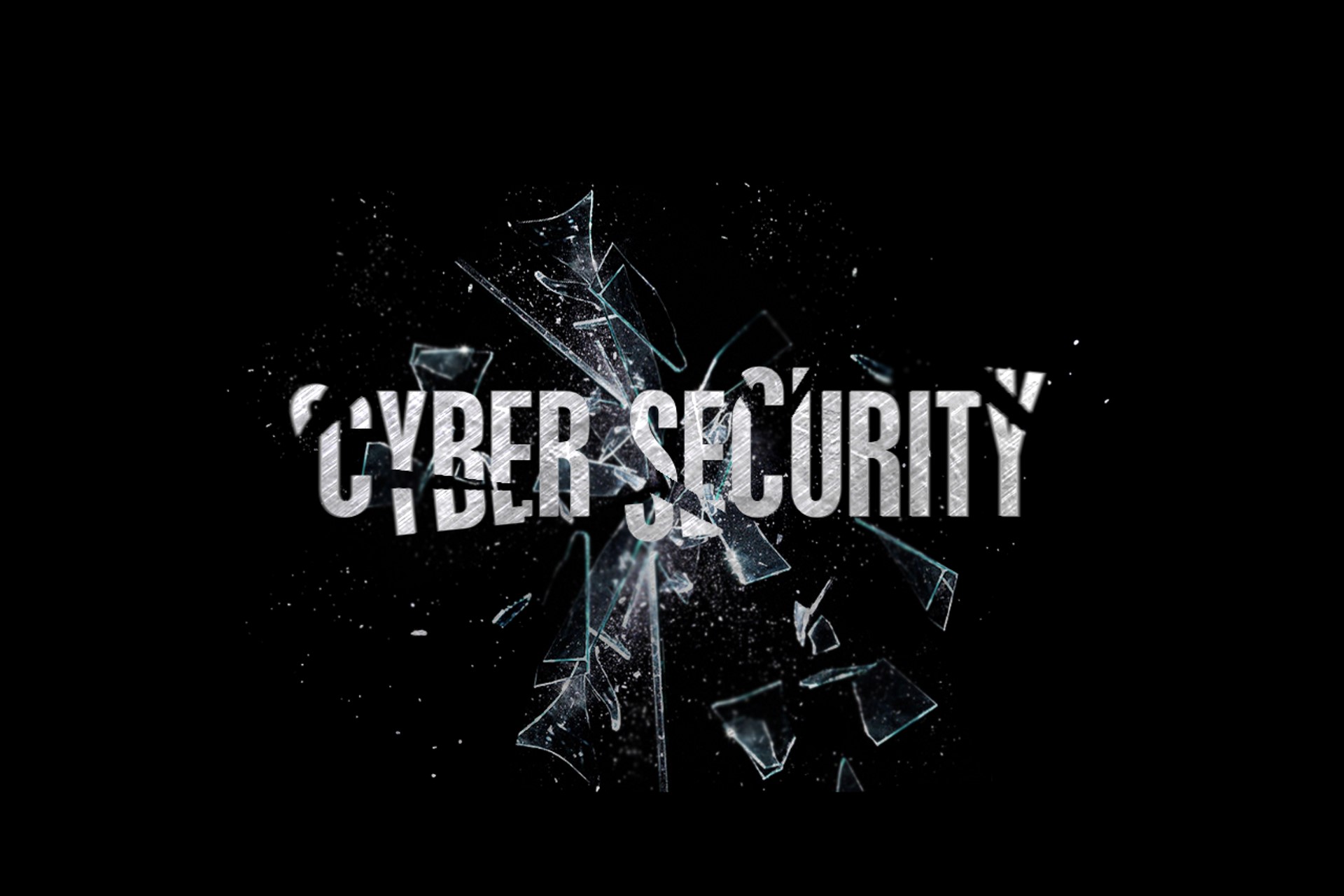The 21st century has all been, is, and will continue to be an age of dramatic headways and exponential amplification of technology and the internet. Day by day, as the internet permeation crosses the streets, more and more people can access data online, which brings us on a bifurcation.
Looking at the bright side, we have an increasing number of people connected on the internet who can access knowledge anywhere and anytime. On the flip side, as more and more people and their data get online, the risk of valuable data seeping into unwanted hands also shoots up.

What is Cyber Security?
Cyber Security, in short, is used to refer to the technologies and processes placed in action to defend software, hardware, and the data stored from threats. The threats, commonly known as cyber threats, are directed towards government, military, scientific research bodies, and private companies: to gain control, release or alter data unauthorizedly.
Appropriately placed cybersecurity practices will either block such attacks or warn the cybersecurity professionals about an ongoing attempt to break into the digital storage, putting preventive measures in place as soon as possible.

Cyber Security Minor in LPU:
Among the various options that LPU provides its 2nd-year students for selection, Cyber Security is one. After choice filling, LPU now allocates the 950 Cyber Security seats to its students, primarily based on their current CGPA. For successful completion of the minor, a student needs to pass four courses:
- INT242: Cyber Security Essentials
- INT243: Information System Security
- INT244: Securing Computing Systems
- INT245: Penetration Testing
These four courses will be distributed across three semesters, with one being completed in the 5th Semester, the next two in the 6th, and the remaining ones in the 7th term. After the 7th term, a student with clearance in all four courses will be well qualified to boast of being a Cyber Security professional in his/her Resume.

Is Being a Cyber Security Professional Worth It?
Let me jot down the career opportunities first: Cyber Security Consultant, Penetration Tester, Malware analyst, Cyber Threat Manager, Cyber Intelligent Analyst, Information Security Analyst, and a freelancer. That’s a massive number of directions to explore.
Apart from that, till the day internet isn’t entirely wiped out of planet Earth by some unknown force, the demands of cybersecurity professionals will always be on the rise. Not a single government will want someone to expose their classified files, nor will any military want someone to know about the hideouts of their nuclear warheads.
And neither will any private organization want to disclose their business secrets through the hands of a hacker. Intercepting such threats demands educated professionals and experts in this domain, namely cybersecurity professionals who will ward off such menaces.
Let me conclude by stating a few more facts to assert the importance of being a professional in this field. RiskBased Security estimated that 7.9 billion records meant to be in the dark were put in front of the public in the first nine months of 2019, recording a growth of 112% compared to the whole set of 12 months in 2018. Another organization named International Data Corporation has predicted that by 2022, firms and governments globally will spend a massive 133.7 billion dollars on being secured online. Who will utilize all those resources and countless opportunities to curb the ever-increasing digital attacks? The Cyber Security professionals, of course.


















